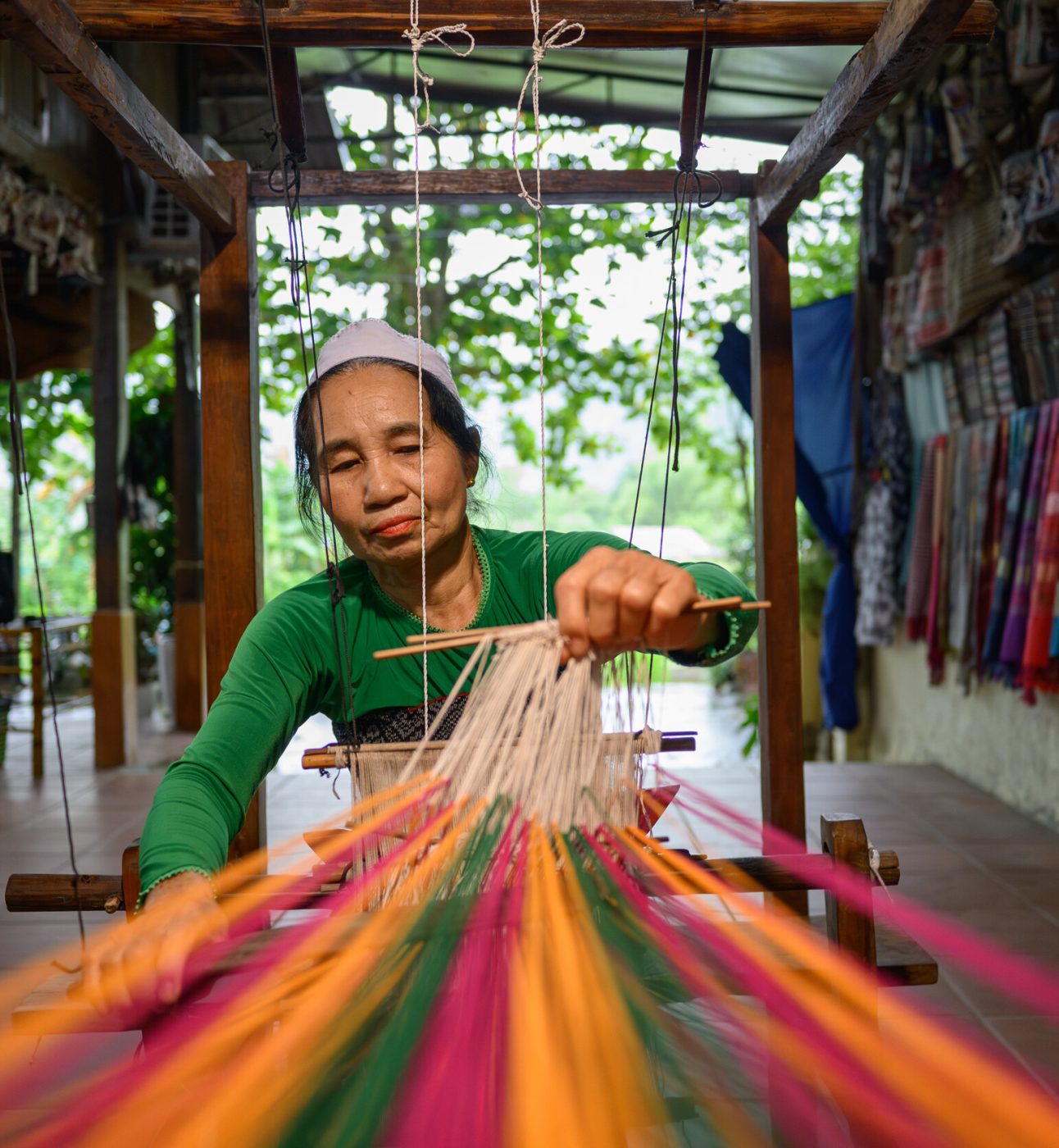Why we showed up again
Our participation at CSW69 was driven by a singular goal: to ensure that older women are recognised as rights holders and celebrate the vital contributors they have made to gender equality. Alongside our network members, including Age International, HelpAge USA, HelpAge Germany, Solidarity is Global Insitute (SIGI Jordan), Kadirat (Tunisia), Malawi Human Rights Resource Centre (MHRRC), and ACAMAGE (Cameroon), we attended to influence key policy discussions and advocate for change.
In the lead-up to CSW69, we gathered voices from women who attended the Beijing Conference in 1995. Hearing their stories was both inspiring and sobering. These women, who fought so hard for gender justice decades ago, and continue to fight for it for themselves and new generations, at times often find themselves battling invisibility in the very movement they helped build. Whilst we took a moment to celebrate the achievements thirty years, it was a stark reminder that gender equality must be a lifelong pursuit, not something that expires with age. As an older women activist in her eighties said to me – ‘I don’t want my granddaughters to be fighting for the same things I have been fighting for the last 30 years.’
Bringing older women’s voices to the table
At CSW69, we spotlighted older women’s experiences and leadership through two powerful events:
A side event titled ‘Years of Her Life – Gender-Responsive Social Protection Across the Life Course’ was co-hosted by HelpAge, UNICEF and SPIAC-B members. This session explored how social protection must respond to the evolving needs of girls and women across their lives. Our year-long collaboration with SPIAC-B has shown the power of partnership in driving inclusive policies.
One of the most compelling moments came from Paulette Metang, a HelpAge network member from Cameroon, who spoke about the challenges older women face in accessing social protection. Her testimony was a powerful reminder that gender equality policies must reflect women’s lived experiences throughout their entire life course—and how the accumulation of disadvantage leaves many older women behind.
In collaboration with HelpAge USA, we hosted a networking event: ‘Beijing+30: Older Women as Trailblazers, Then and Now’. Listening to Ambassador Gertrude Ibengwé Mongella, a key figure in the 1995 Beijing Conference, and Emma Kaliya from MHRRC Malawi was deeply inspiring. Their lifelong commitment to gender equality continues to shape the movement today. People came to hear their stories and learn from the work they’re doing with and for older women.
I also had the privilege of connecting with members of the NGO Committee on Ageing in New York. Their openness and experience, combined with my eagerness to learn, created a meaningful exchange I’ll carry forward.

